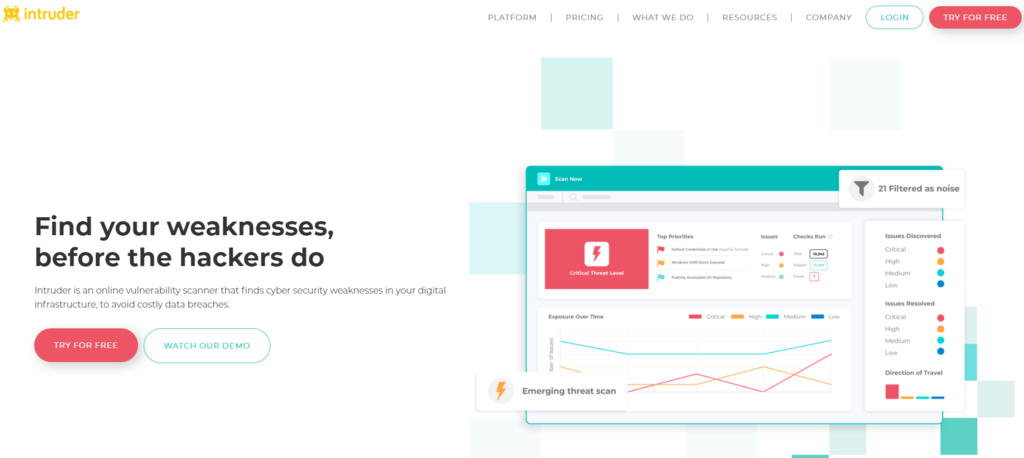
How to Protect Your Website from SQL Injection Attacks
- 0
SQL injection attacks are a common and potentially devastating threat to websites. These attacks occur when a malicious user inserts malicious SQL code into a website’s input fields, allowing them to access and manipulate sensitive data. To protect your website from SQL injection attacks, it is crucial to implement proper security measures. Here are some tips to help you safeguard your website against these threats:
1. Use Parameterized Queries
One of the most effective ways to prevent SQL injection attacks is to use parameterized queries in your code. Parameterized queries separate the SQL code from the user input, making it impossible for attackers to inject malicious code. By using parameterized queries, you can ensure that your website is protected from SQL injection attacks.
2. Validate User Input
Another important step in protecting your website from SQL injection attacks is to validate user input. By carefully checking input fields for unexpected characters or patterns, you can prevent attackers from inserting malicious SQL code. Implement input validation to ensure that only valid data is processed by your website.
3. Limit Database Privileges
It is crucial to limit the privileges of your database user to prevent unauthorized access to sensitive data. By restricting the permissions of your database user, you can reduce the impact of a potential SQL injection attack. Only grant the necessary permissions to your database user to minimize the risk of a security breach.
4. Regularly Update Your Software
Keeping your software up to date is essential for protecting your website from security vulnerabilities, including SQL injection attacks. Software updates often include patches and fixes for known security issues, so it is important to regularly update your website’s software to stay protected against the latest threats.
5. Implement Web Application Firewall (WAF)
Another effective way to protect your website from SQL injection attacks is to implement a web application firewall (WAF). A WAF can help monitor and filter incoming traffic to your website, blocking malicious requests before they reach your database. By adding an extra layer of security with a WAF, you can further mitigate the risk of SQL injection attacks.
6. Educate Your Team
Lastly, educating your team about the risks of SQL injection attacks and the importance of following secure coding practices is key to preventing security breaches. By raising awareness and providing training on best security practices, you can empower your team to help protect your website from malicious threats.
Overall, protecting your website from SQL injection attacks requires a combination of technical measures, regular updates, and employee education. By implementing these strategies, you can mitigate the risk of security breaches and safeguard your website’s sensitive data from malicious attackers.
Stay vigilant, stay secure!

